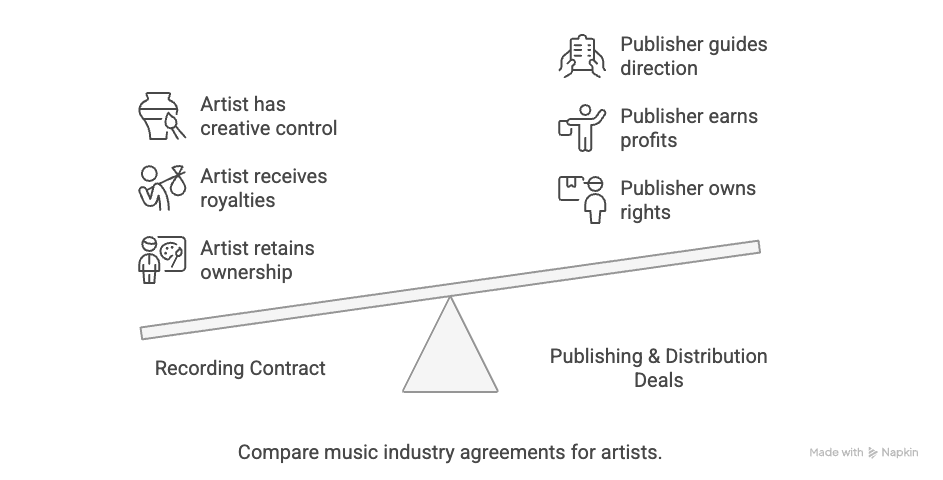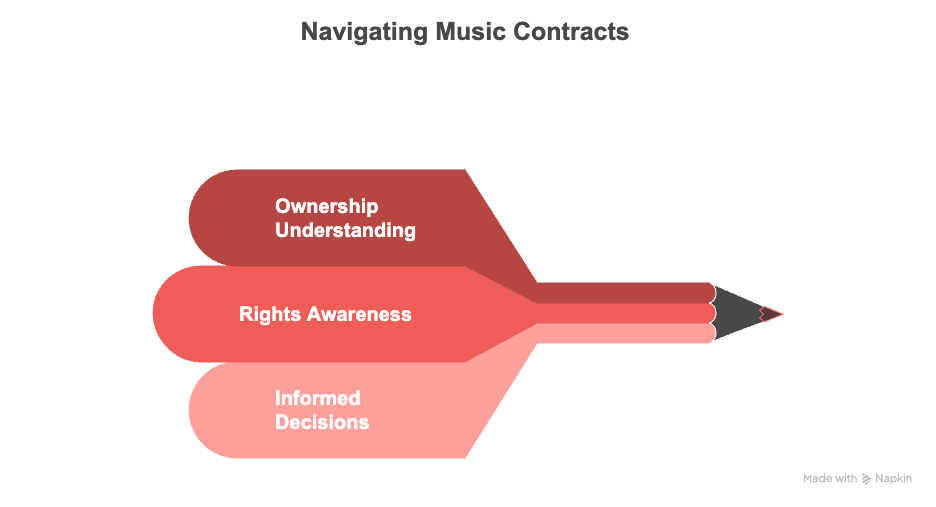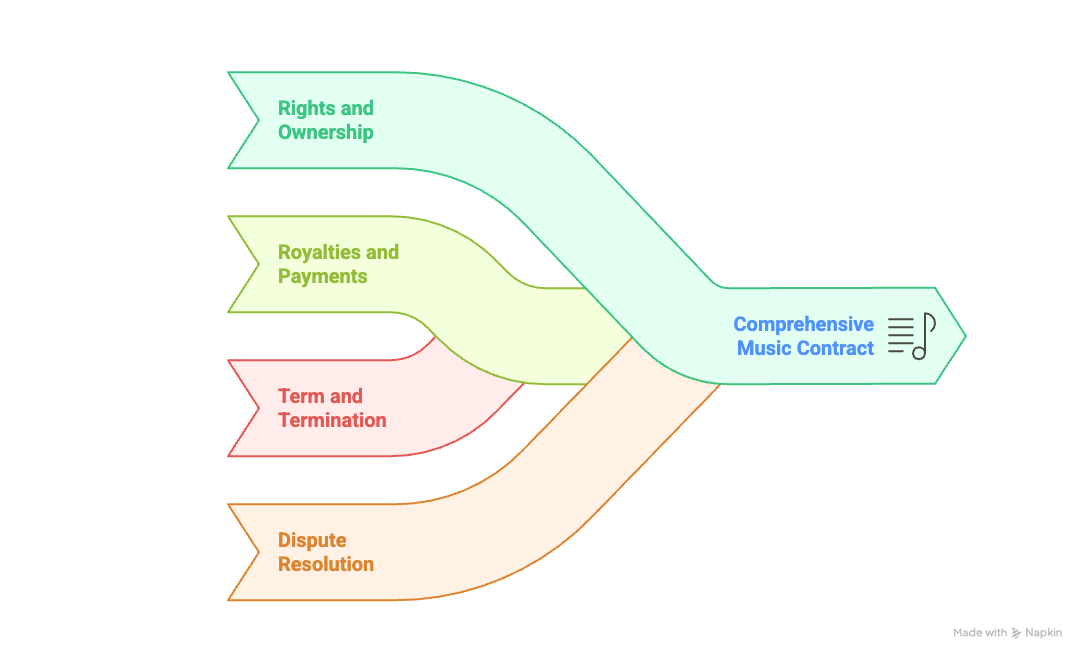Free Website Terms and Conditions Template (Canada-Compliant)
Download our professionally written Terms and Conditions template to safeguard your online business. Easy to customize, legally reviewed, and 100% free.
Why Every Website Needs Terms and Conditions
Terms and Conditions are more than legal boilerplate - they’re your website’s rules of engagement. Whether you run a blog, eCommerce store, SaaS platform, or membership site, having clear terms protects your business from misuse, liability claims, and legal ambiguity.
This free template is built for Canadian businesses and online platforms. It covers essential clauses like user responsibilities, intellectual property, disclaimers, termination rights, and dispute resolution - and it's written in plain English for enforceability.
User Conduct Rules
Outline what visitors can and cannot do on your website. This section defines prohibited behavior such as spam, harassment, illegal content uploads, or misrepresentation. It sets a behavioral baseline and helps you enforce standards fairly.
Intellectual Property Notice
Clarify ownership of your website’s content, branding, and digital assets. Let users know they cannot copy, reproduce, or reuse your content without permission, which helps you protect your creative work.
Disclaimer of Warranties
Limit your liability for outages, typos, third-party service errors, or content accuracy. State that the website is offered “as is,” and that you cannot guarantee uninterrupted availability or perfect accuracy.
Limitation of Liability
Protect yourself against damages or legal claims related to site use, especially if a user’s reliance on your site results in financial or reputational loss. This clause should cap your liability as much as the law allows.
Termination Clause
Explain under what circumstances you may revoke or suspend a user’s access - such as violating the Terms, abusing site features, or engaging in illegal activity. Include whether termination is immediate or after warning.
Governing Law (Canada-Specific)
Specify that your Terms are governed by the laws of a Canadian province (e.g., Ontario or British Columbia). This ensures disputes are resolved under the legal framework you operate in.
Avoid Legal Risks and Show Professionalism
Terms and Conditions create a legal foundation for your website. Without them, your business could be vulnerable to copyright infringement, abusive users, or disputes with customers. A clear set of terms also helps build trust with visitors by setting expectations for how your site operates.
Key Clauses Included
- Acceptable Use & User Behavior
- Intellectual Property Protection
- Third-Party Links and Content Disclaimer
- Liability Limitations
- Termination of Access
- Governing Law and Jurisdiction (Canada)
- Changes to Terms and Notification Procedures
Perfect for These Website Owners
You Might Also Like
Explore more policy templates relevant to this category.
Get Your Free Website Terms and Conditions Template
Protect your online business with a lawyer-reviewed Terms and Conditions agreement. Download and customize it in minutes to stay compliant and professional.
Frequently Asked Questions
Related Articles & Templates
Discover insights connected to this policy or explore similar best practices shared by our team.


